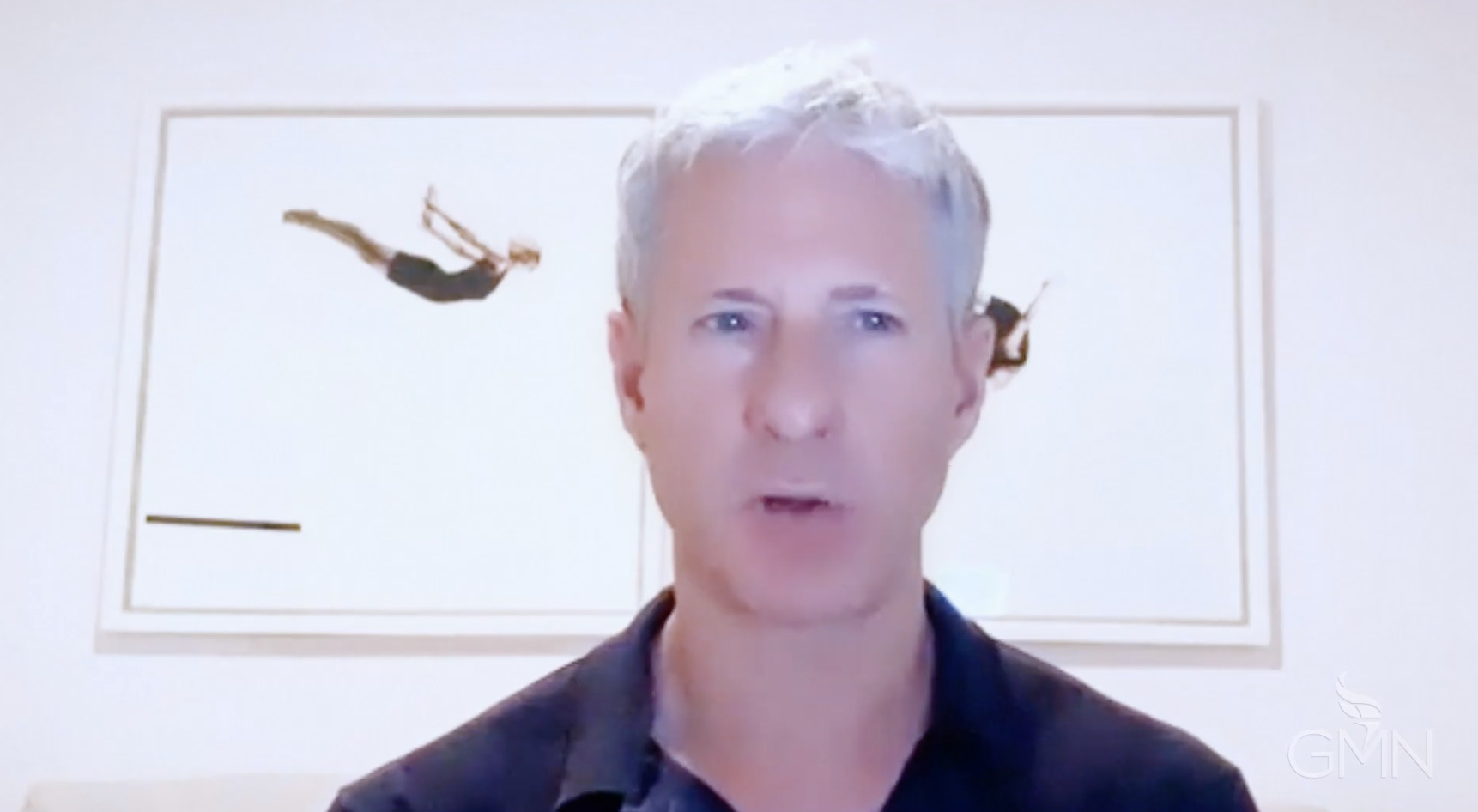Summary:
Running a business will entail a lot of ups and downs. As a leader, how do you absorb that whiplash and focus on moving forward?
Thuy
What are the specific qualities that you look for as you're building the teams - and you've built three companies now - and did those qualities evolve over time?

Chris Larsen
Yeah, yeah, they very much do, and I think there's definitely at least two very stark periods of a startup. Again, those early days, very different from, I'd say post-product market fit. Once you get the product market fit, then it's about getting customers, having sales, discipline, having deliverables to the customer's need from your engineering teams and your product teams, and having a CEO that can really measure, hold people accountable, inspire them, like measure progress against OKRs or our objectives, right? That's very different from the early days. Before you have the fit, you kind of are going on a hunch, you got the faith that something big is happening here, but you don't quite know which direction it's going to go in. That's really about faith and inspiring, and kind of holding uncertainty together, taking the bullets for your team, but those team members need to be flexible, they need to be passionate, they need to be, as missionaries, they need to be totally comfortable with one day, you are taking over the world and you're about to get that huge fundraising done with that VC, the top-shelf VC, it's so exciting, oh, my God, we're just gonna take over, and then, I mean, sometimes, it's like, later in the day, nope, that thing fell through, we're about to run out of money, not to be able to make payroll, oh, my God, what's going to - so kind of putting up with those kinds of ups and downs, it can be overwhelming if you don't have the right attitude, and of course, founders and CEOs should be absorbing most of that, but you also need to be honest with your team, and so they're going to see it, they're going to hear it, and they need to be able to take that. Again, that's very different from later on once your well-funded, got the product market fit, that's all about measuring, that's about discipline, that's about week in, week out, having these objectives, quarterly goals, and that's kind of that pre, you're kind of building up the company to be able to do things like go public or to be a mature company, very different model, and that's where it's critical for the founder, and I've learned this the hard way, to recognize whether you could be good at both of those periods of time. I think most people can't. There are some remarkable people like Jeff Bezos, Zuckerberg, Elon Musk who can do both, but I can't. I learned that.
Related Posts

You Can’t Please Everyone
Vy Tran learned a tough lesson as a first-time manager – you can’t please everyone. Having to “drive accountability” while also being a self-described “people pleaser” required Vy to dig deep and re-think how she communicates with her team.

Failing Forward
Failing forward is an essential skill not just at work but in life. For Vy Tran, learning from her mistakes has made her a more effective and influential leader.

